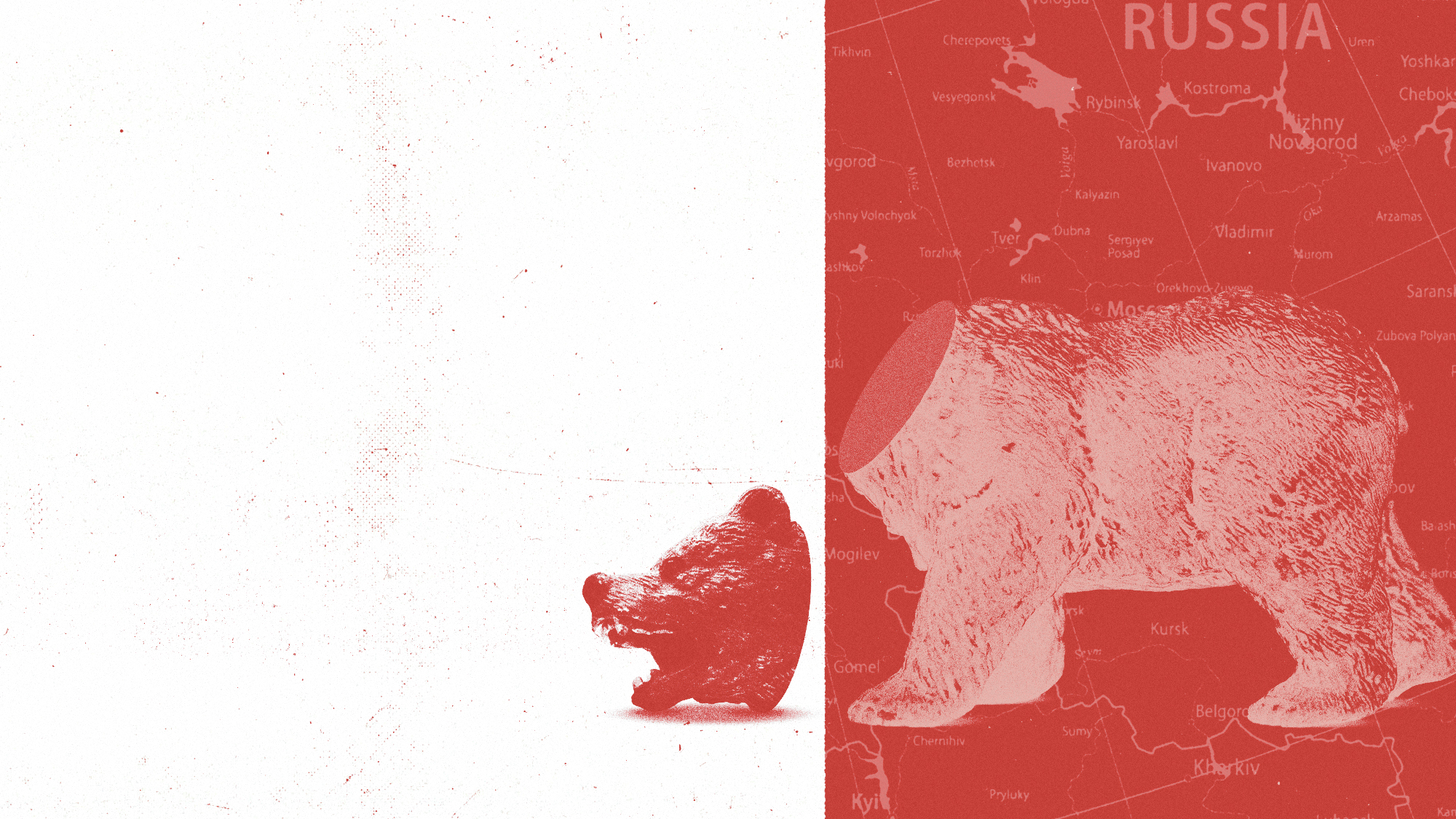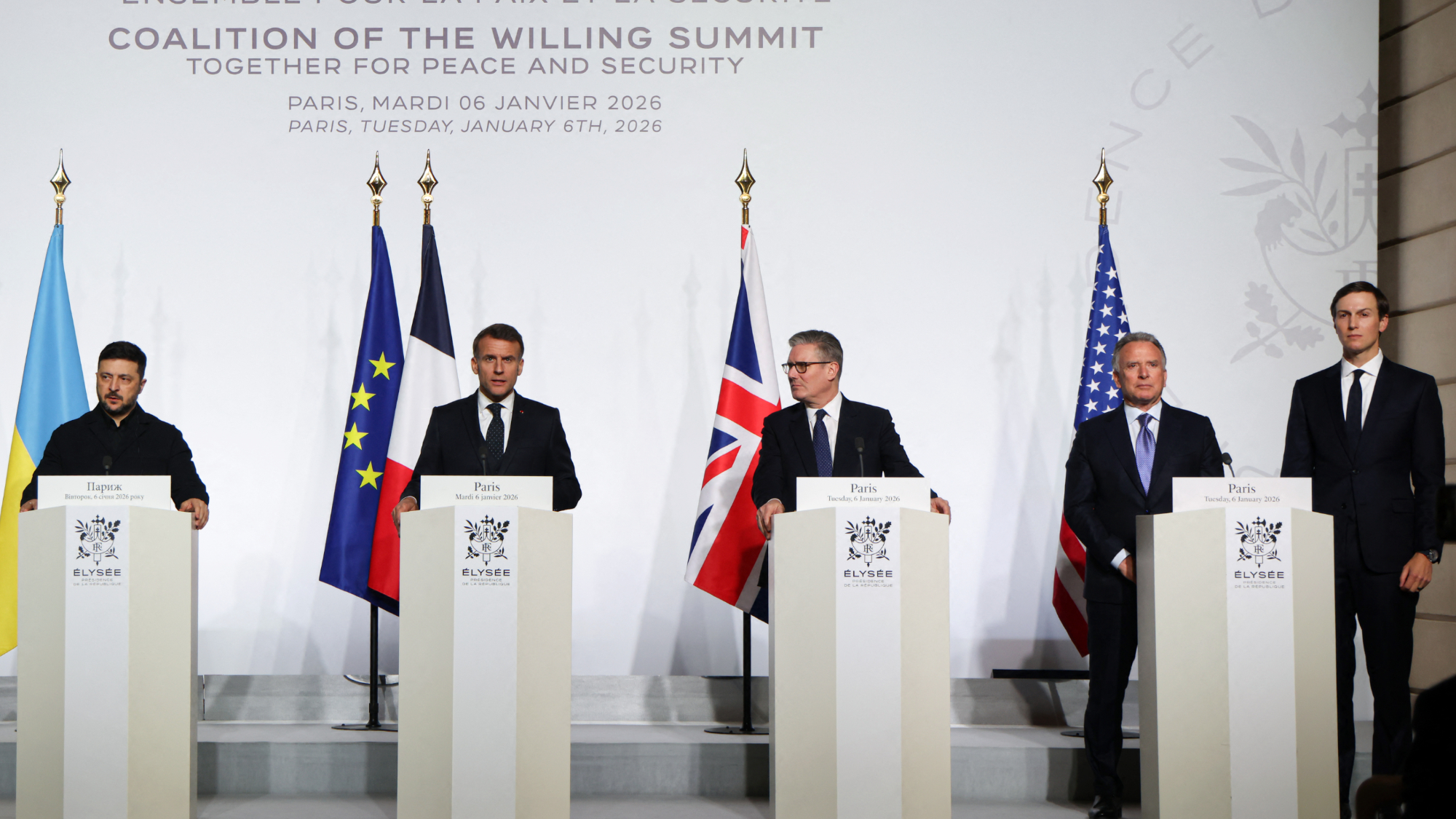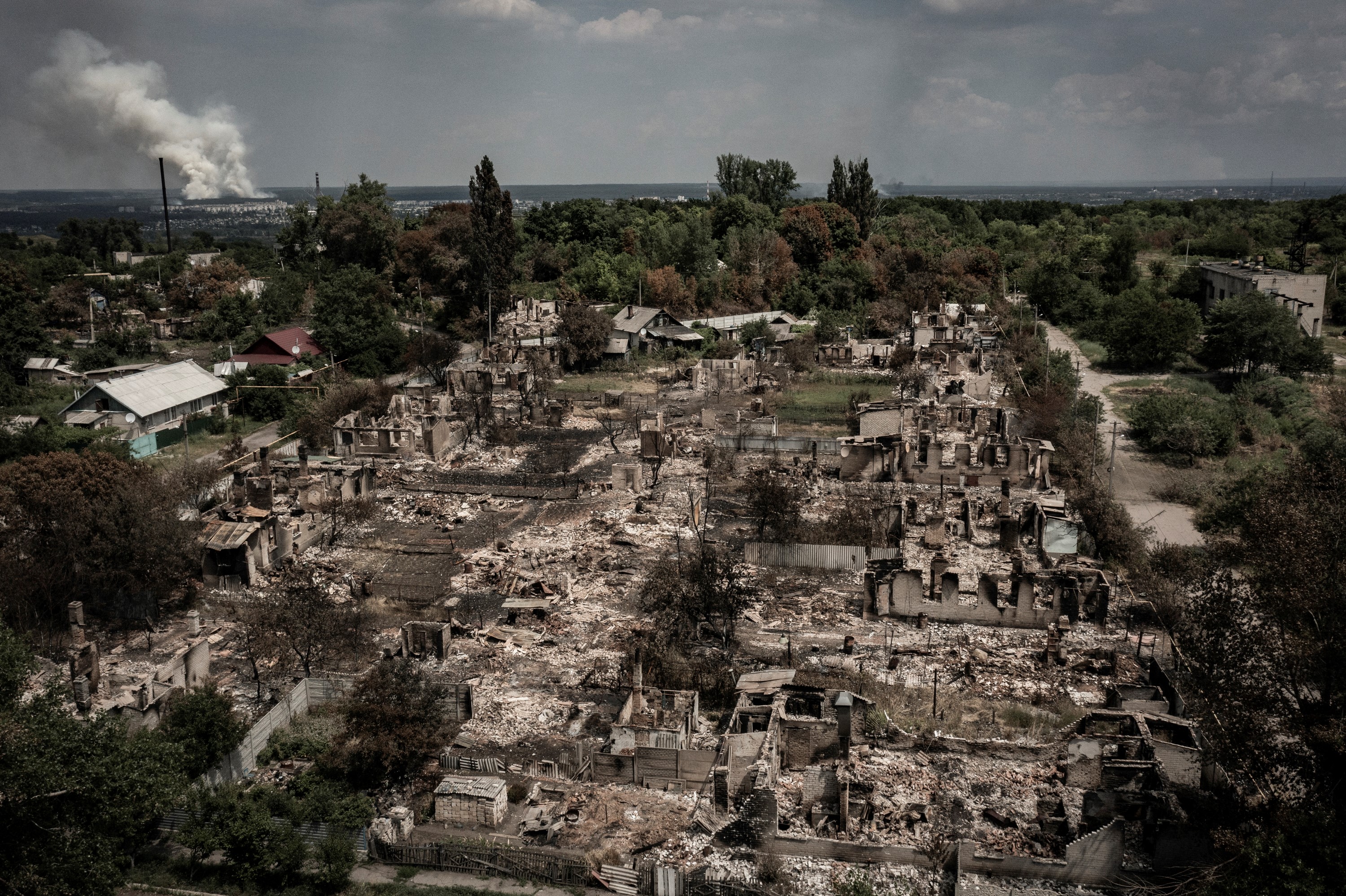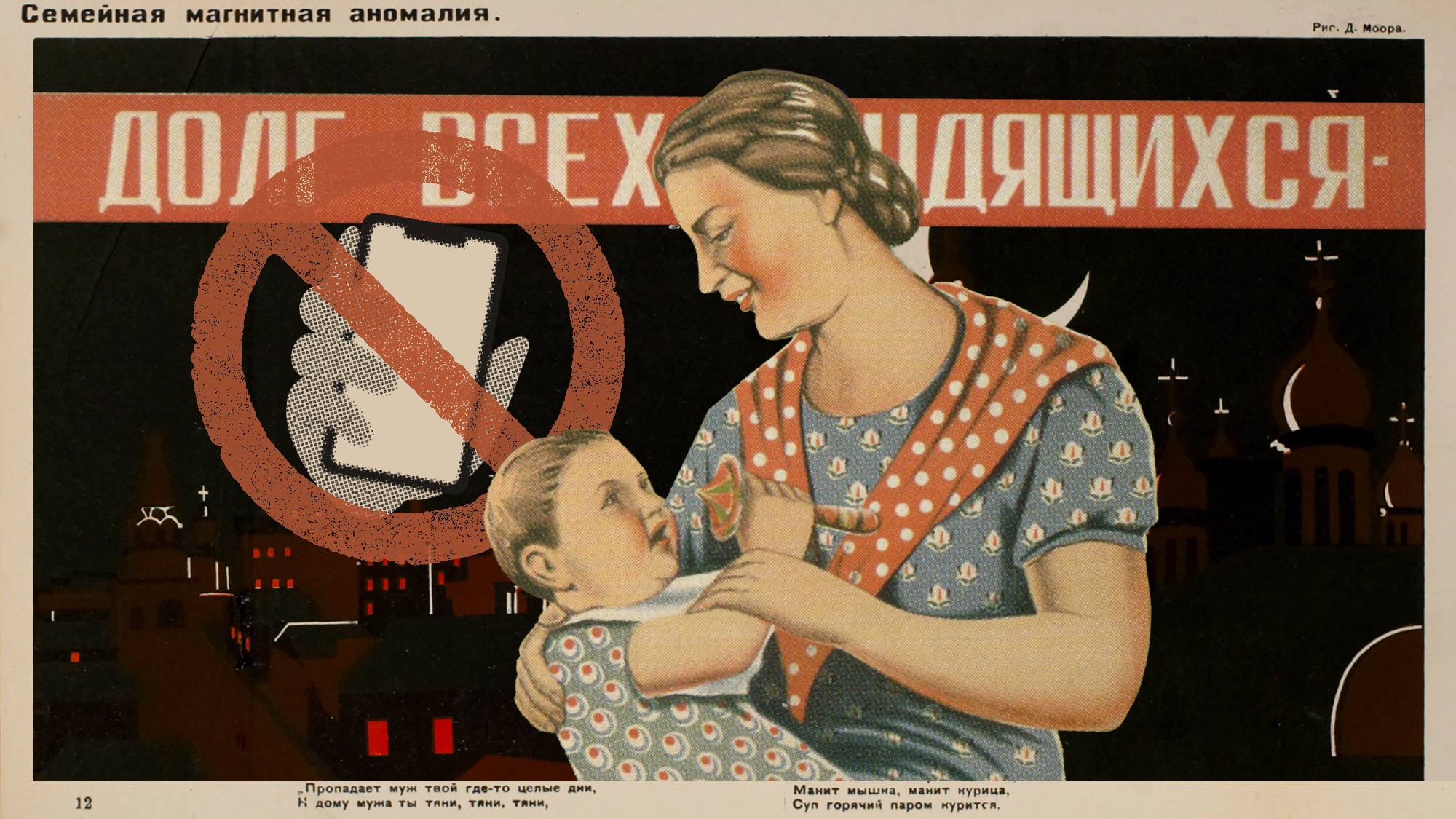Ukraine assassinations: what is Kyiv hoping to achieve?
Ukrainian security services are thought to be responsible for a string of high-profile killings inside Russia

A senior Russian general and his assistant have been killed in Moscow by Ukraine's security services, the latest assassination by Kyiv that has intensified a new front in the conflict.
Lieutenant General Igor Kirillov, head of the Russian military's nuclear, chemical and biological defence forces, was killed in an explosion outside his home on Tuesday evening. It was caused by a remotely detonated bomb hidden inside a scooter, according to Russia's Investigative Committee.
A source in Ukraine's SBU security service told the BBC that Kirillov was "a legitimate target" and alleged that he had carried out war crimes. On Monday, the SBU had charged Kirillov in absentia, claiming that he was "responsible for the mass use of banned chemical weapons" on Ukrainian troops.
The Week
Escape your echo chamber. Get the facts behind the news, plus analysis from multiple perspectives.

Sign up for The Week's Free Newsletters
From our morning news briefing to a weekly Good News Newsletter, get the best of The Week delivered directly to your inbox.
From our morning news briefing to a weekly Good News Newsletter, get the best of The Week delivered directly to your inbox.
Under Kirillov's leadership, Russia has used chemical weapons more than 4,800 times since February 2022, said the SBU. The US and Britain placed Kirillov under sanctions in October, accusing him of using the "barbaric" First World War era choking agent chloropicrin.
What did the commentators say?
The death of Kirillov bore the "hallmarks of the work of Ukraine's spy agencies inside Russia", said the Financial Times. Kyiv has "cultivated a network of covert operatives to carry out targeted killings of key military personnel and acts of sabotage against their enemies' war machine" in order to "disrupt Moscow’s ongoing invasion".
Ukraine's intelligence agencies rarely claim explicit credit for assassinations, but Kirillov's is the latest in a string of high-profile killings "designed to weaken morale and punish those Kyiv regards guilty of war crimes", said Euractiv. Ukraine, which says Russia's war poses an existential threat to the country, "has made clear it regards such targeted killings as a legitimate tool".
Ukraine's tactics were underlined earlier this month when its intelligence service claimed it had assassinated Mikhail Shatsky, deputy director of a Moscow-based ballistics engineering unit. Speaking to The Kyiv Independent, a Ukrainian defence source said: "Anyone who is involved in the development of the Russian military-industrial complex and support of Russian aggression in Ukraine one way or another is a legitimate target."
A free daily email with the biggest news stories of the day – and the best features from TheWeek.com
Indeed, "few doubt the increasingly competent signature of its security services", which is thought to have targeted dozens of figures considered enemies by the Ukrainian state, said The Economist.
But some insiders fear security services have expended too much energy targeting "marginal figures" and mid-level propagandists. "Clowns, prostitutes and jokers are a constant around the Russian government," said one SBU source. "Kill one of them, and another will appear in their place."
Yet these deaths can have "a useful psychological role" in raising "the cost of war crimes and the spirits of ordinary Ukrainians".
What next?
As the most senior Russian military officer to be assassinated inside Russia, Kirillov's killing is "likely to prompt the Russian authorities to review security protocols for the army's top brass and to find a way to avenge his killing", said Euractiv.
His death will be seen by the Kremlin as "not just a blow, but also evidence that Ukraine has the ability to target high-profile officials in Moscow", said the BBC.
Sorcha Bradley is a writer at The Week and a regular on “The Week Unwrapped” podcast. She worked at The Week magazine for a year and a half before taking up her current role with the digital team, where she mostly covers UK current affairs and politics. Before joining The Week, Sorcha worked at slow-news start-up Tortoise Media. She has also written for Sky News, The Sunday Times, the London Evening Standard and Grazia magazine, among other publications. She has a master’s in newspaper journalism from City, University of London, where she specialised in political journalism.
-
 High Court action over Cape Verde tourist deaths
High Court action over Cape Verde tourist deathsThe Explainer Holidaymakers sue TUI after gastric illness outbreaks linked to six British deaths
-
 The battle over the Irish language in Northern Ireland
The battle over the Irish language in Northern IrelandUnder the Radar Popularity is soaring across Northern Ireland, but dual-language sign policies agitate division as unionists accuse nationalists of cultural erosion
-
 Villa Treville Positano: a glamorous sanctuary on the Amalfi Coast
Villa Treville Positano: a glamorous sanctuary on the Amalfi CoastThe Week Recommends Franco Zeffirelli’s former private estate is now one of Italy’s most exclusive hotels
-
 Ukraine, US and Russia: do rare trilateral talks mean peace is possible?
Ukraine, US and Russia: do rare trilateral talks mean peace is possible?Rush to meet signals potential agreement but scepticism of Russian motives remain
-
 How oil tankers have been weaponised
How oil tankers have been weaponisedThe Explainer The seizure of a Russian tanker in the Atlantic last week has drawn attention to the country’s clandestine shipping network
-
 The rise of the spymaster: a ‘tectonic shift’ in Ukraine’s politics
The rise of the spymaster: a ‘tectonic shift’ in Ukraine’s politicsIn the Spotlight President Zelenskyy’s new chief of staff, former head of military intelligence Kyrylo Budanov, is widely viewed as a potential successor
-
 US nabs ‘shadow’ tanker claimed by Russia
US nabs ‘shadow’ tanker claimed by RussiaSpeed Read The ship was one of two vessels seized by the US military
-
 Trump’s Greenland threats overshadow Ukraine talks
Trump’s Greenland threats overshadow Ukraine talksSpeed Read The Danish prime minister said Trump’s threats should be taken seriously
-
 What will happen in 2026? Predictions and events
What will happen in 2026? Predictions and eventsIn Depth The new year could bring peace in Ukraine or war in Venezuela, as Donald Trump prepares to host a highly politicised World Cup and Nasa returns to the Moon
-
 All roads to Ukraine-Russia peace run through the Donbas
All roads to Ukraine-Russia peace run through the DonbasIN THE SPOTLIGHT Volodymyr Zelenskyy is floating a major concession on one of the thorniest issues in the complex negotiations between Ukraine and Russia
-
 Russia’s ‘weird’ campaign to boost its birth rate
Russia’s ‘weird’ campaign to boost its birth rateUnder the Radar Demographic crisis spurs lawmakers to take increasingly desperate measures